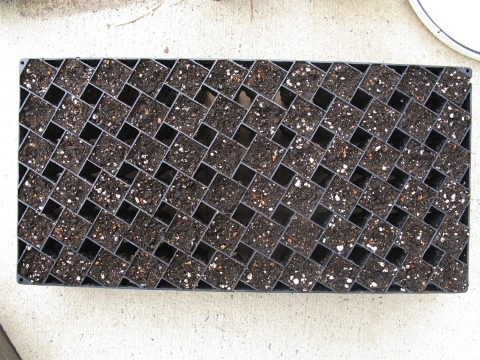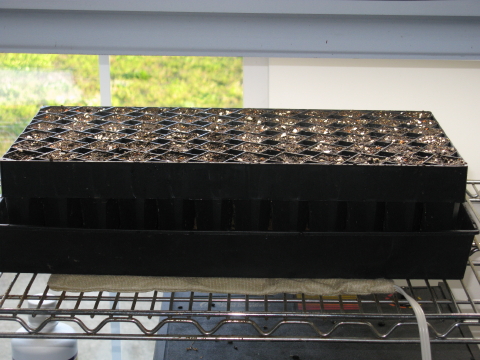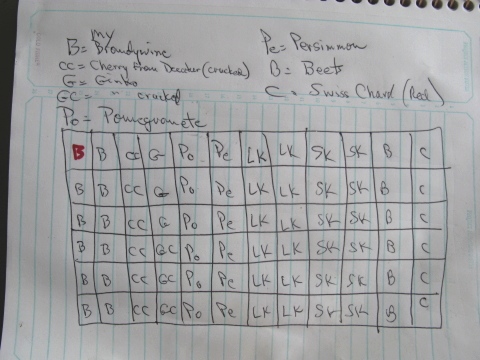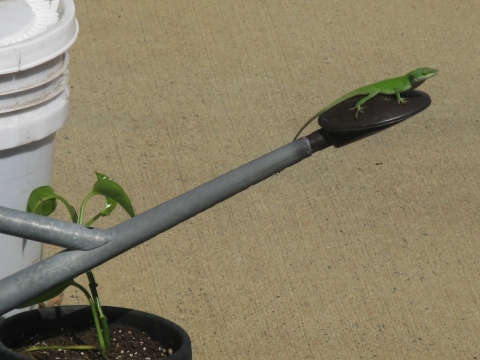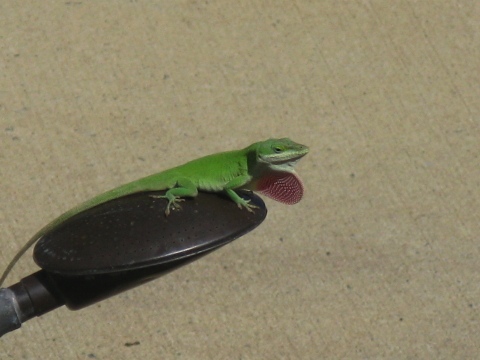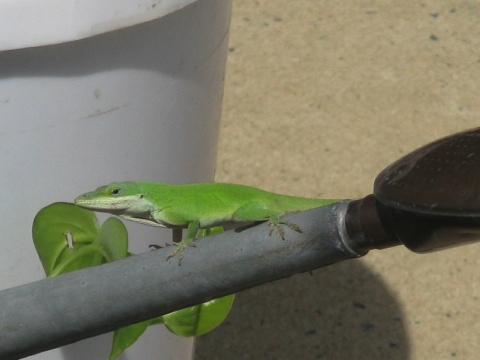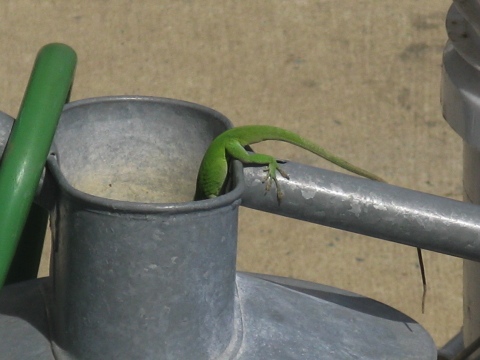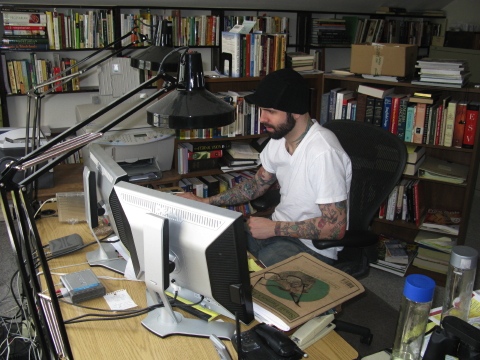If everyone went vegetarian just for one day, the U.S. would save:
● 100 billion gallons of water, enough to supply all the homes in New England for almost 4 months;
● 1.5 billion pounds of crops otherwise fed to livestock, enough to feed the state of New Mexico for more than a year;
● 70 million gallons of gas -- enough to fuel all the cars of Canada and Mexico combined with plenty to spare;
● 3 million acres of land, an area more than twice the size of Delaware;
● 33 tons of antibiotics.
If everyone went vegetarian just for one day, the U.S. would prevent:
● Greenhouse gas emissions equivalent to 1.2 million tons of CO2, as much as produced by all of France;
● 3 million tons of soil erosion and $70 million in resulting economic damages;
● 4.5 million tons of animal excrement;
● Almost 7 tons of ammonia emissions, a major air pollutant.
My favorite statistic is this: According to Environmental Defense, if every American skipped one meal of chicken per week and substituted vegetarian foods instead, the carbon dioxide savings would be the same as taking more than half a million cars off of U.S. roads. See how easy it is to make an impact?
Other points:
Globally, we feed 756 million tons of grain to farmed animals. As Princeton bioethicist Peter Singer notes in his new book, if we fed that grain to the 1.4 billion people who are living in abject poverty, each of them would be provided more than half a ton of grain, or about 3 pounds of grain/day -- that's twice the grain they would need to survive. And that doesn't even include the 225 million tons of soy that are produced every year, almost all of which is fed to farmed animals. He writes, "The world is not running out of food. The problem is that we -- the relatively affluent -- have found a way to consume four or five times as much food as would be possible, if we were to eat the crops we grow directly."
A recent United Nations report titled Livestock's Long Shadow concluded that the meat industry causes almost 40% more greenhouse gas emissions than all the world's transportation systems -- that's all the cars, trucks, SUVs, planes and ships in the world combined. The report also concluded that factory farming is one of the biggest contributors to the most serious environmental problems at every level -- local and global.
Researchers at the University of Chicago concluded that switching from standard American diet to a vegan diet is more effective in the fight against global warming than switching from a standard American car to a hybrid.
In its report, the U.N. found that the meat industry causes local and global environmental problems even beyond global warming. It said that the meat industry should be a main focus in every discussion of land degradation, climate change and air pollution, water shortages and pollution, and loss of biodiversity.
Unattributed statistics were calculated from scientific reports by Noam Mohr, a physicist with the New York University Polytechnic Institute.
